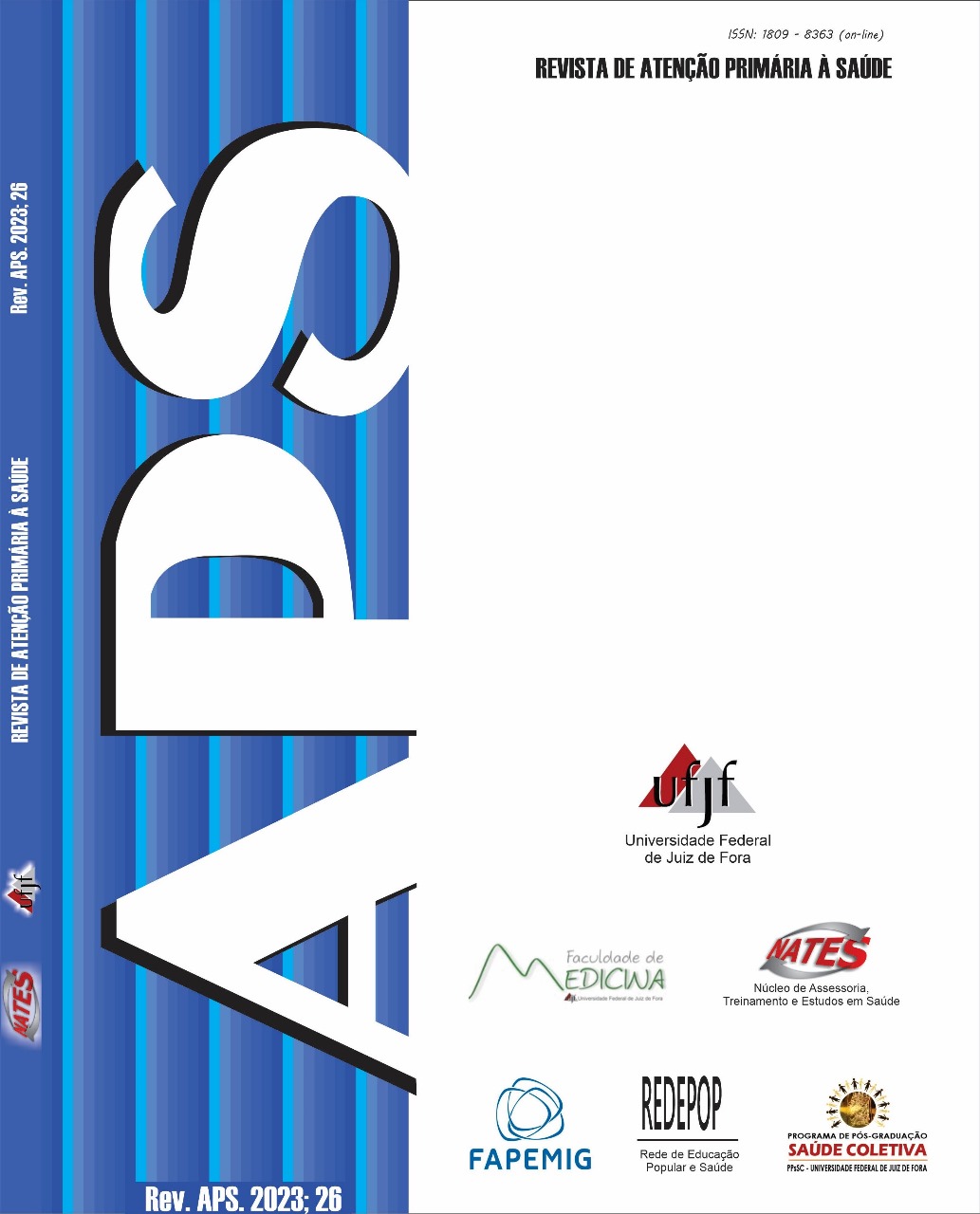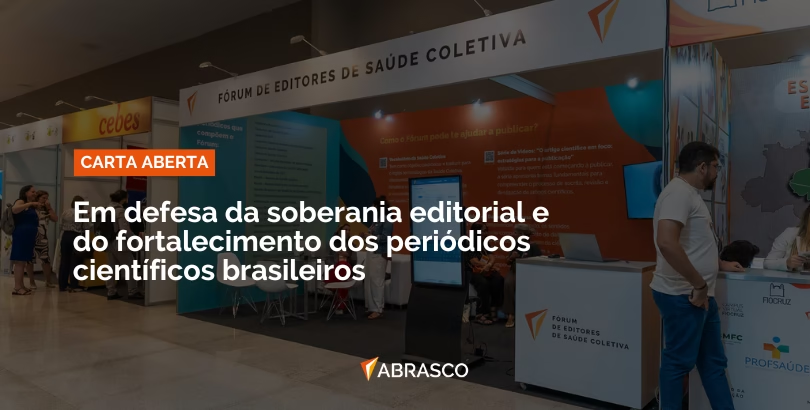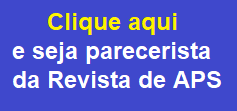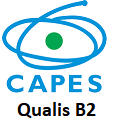Detecção de casos e educação em saúde relacionada à hanseníase em uma região endêmica: um relato de experiência
DOI:
https://doi.org/10.34019/1809-8363.2023.v26.40397Palavras-chave:
Hanseníase, Cuidado, Atenção Primária à Saúde, Educação em SaúdeResumo
A hanseníase emerge como um desafio à saúde pública. Sua persistente presença em determinadas regiões exige abordagens inovadoras e voltadas para a conscientização, detecção e tratamento. Neste contexto, o presente estudo tem por objetivo descrever uma experiência na detecção e na educação relacionadas à hanseníase em uma região endêmica. Trata-se de um estudo de abordagem qualitativa, do tipo relato de experiência, realizado a partir da vivência experenciada por quatro docentes com formação na área da saúde, ao desenvolver o projeto “Roda Hans/Carreta da Saúde – Hanseníase”, durante a sua passagem pelo município de Paulo Afonso, Bahia. Ao todo, 26 profissionais da saúde estiveram envolvidos nos 93 atendimentos realizados, dentre os quais 11 (11,8%) indivíduos assistidos foram diagnosticados com hanseníase. Percebeu-se, durante as ações de capacitação e de atendimento, uma maior interação entre diferentes profissionais e setores de saúde, ao promoverem conhecimento e ao fomentarem uma aprendizagem cooperativa e colaborativa na identificação dos novos casos. Destaca-se, ainda, o comprometimento dos profissionais de saúde, a troca de experiências e vivências, bem como a consolidação de uma rede de assistência à hanseníase na Atenção Primária à Saúde (APS). As ações advindas da chegada da carreta ao município possibilitaram a identificação de casos ocultos na região, a ampliação e o fortalecimento das parcerias entre os serviços de saúde, as instituições de ensino e o serviço de referência. Por fim, a capacitação e as discussões promoveram um aprimoramento das habilidades de diagnóstico, bem como de tratamento e de prevenção na APS.











